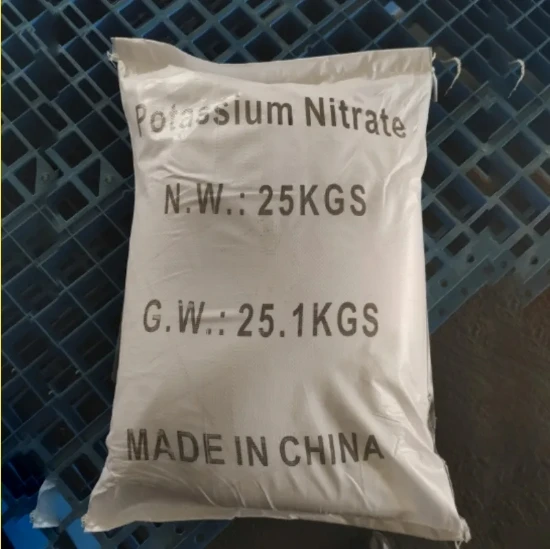
taste enhancer
The Role of Taste Enhancers in Modern Cuisine
In the realm of culinary arts, taste is paramount. Chefs and home cooks alike strive to create dishes that not only satisfy hunger but also tantalize the taste buds. One of the essential tools in achieving this goal is the use of taste enhancers. These substances elevate the flavor profile of dishes, making them more appealing and enjoyable. In this article, we will explore what taste enhancers are, how they work, and their implications in modern cooking.
Understanding Taste Enhancers
Taste enhancers are ingredients that improve the overall flavor of food without imparting a recognizable taste of their own. They can amplify the natural flavors of the ingredients and bring depth to the dish. Common examples include salt, sugar, acids (like vinegar or lemon juice), and umami-rich ingredients, such as soy sauce or miso. The concept of taste enhancement extends beyond mere seasoning; it can involve various techniques and combinations that round out the flavor profile of a meal.
The Science Behind Taste Enhancement
Human taste perception is a complex process involving taste buds, olfactory senses, and even memory. When we eat, our taste buds detect five primary tastes sweet, salty, sour, bitter, and umami. Taste enhancers often focus on amplifying these basic tastes. For instance, salt is known to bring out the sweetness in certain foods, while acids can cut through rich, fatty flavors, creating a balance that is more pleasurable to the palate.
Umami, the taste associated with glutamate, has gained much popularity as a taste enhancer. Discovered as a distinct taste in Japan, umami contributes to the savory quality of foods and can make dishes more satisfying. Ingredients rich in umami, such as tomatoes, aged cheeses, and mushrooms, are frequently used in modern cuisine to enhance flavor.
The Culinary Application of Taste Enhancers
taste enhancer

In professional kitchens, taste enhancers are used with precision. Chefs often rely on them to create complex flavor profiles that are both harmonious and exciting. For example, a pinch of salt sprinkled on a chocolate dessert can intensify the sweetness and highlight the cocoa's richness. Similarly, a splash of acidity in a rich sauce can bring balance and freshness, turning a heavy dish into something lighter and more enjoyable.
At home, cooks can experiment with various combinations of taste enhancers to find the perfect balance for their meals. A simple vegetable stir-fry can be transformed by adding soy sauce and a dash of sesame oil, creating layers of flavor that elevate a basic dish into something extraordinary.
The Controversy Surrounding Taste Enhancers
While taste enhancers can significantly improve the flavor of food, their use is not without controversy. Some critics argue that reliance on artificial flavor enhancers, such as monosodium glutamate (MSG), can lead to an artificial taste experience and may also cause sensitivity in some individuals. However, research shows that MSG is safe for consumption and can be beneficial in enhancing flavor in moderation.
Moreover, the use of taste enhancers raises questions about culinary authenticity and the ability to appreciate natural flavors. Some food purists advocate for minimal seasoning, emphasizing the importance of highlighting the raw ingredients' inherent qualities. This approach aligns with the farm-to-table movement, which focuses on using fresh, local, and organic produce without the interference of artificial enhancements.
Conclusion
Taste enhancers play a crucial role in modern cuisine, allowing chefs and home cooks to create flavorful and memorable dishes. Whether through simple seasonings like salt and vinegar or more complex umami-rich ingredients, the art of taste enhancement can transform a meal. However, as cooking techniques evolve, so does the conversation around the authenticity and purity of flavors. Ultimately, the choice to enhance flavors should reflect personal preferences and the desired culinary experience. As we navigate the delicious world of food, understanding the balance between enhancement and authenticity will lead to more satisfying and enjoyable meals.
-
Pure Sodium Dichloroisocyanurate Dihydrate | Powerful DisinfectantNewsAug.29,2025
-
Industrial Chemicals: Quality & Purity for Every IndustryNewsAug.28,2025
-
Nitrile Rubber Honoring Strict Production StandardsNewsAug.22,2025
-
Aspartame Ingredients Honoring Food Safety ValuesNewsAug.22,2025
-
Fertilizer for Balanced Plant NutritionNewsAug.22,2025
-
Cyanide Gold Processing with High Purity AdditivesNewsAug.22,2025
-
Formic Acid in Textile Dyeing ApplicationsNewsAug.22,2025
Hebei Tenger Chemical Technology Co., Ltd. focuses on the chemical industry and is committed to the export service of chemical raw materials.
-

view more DiethanolisopropanolamineIn the ever-growing field of chemical solutions, diethanolisopropanolamine (DEIPA) stands out as a versatile and important compound. Due to its unique chemical structure and properties, DEIPA is of interest to various industries including construction, personal care, and agriculture. -

view more TriisopropanolamineTriisopropanolamine (TIPA) alkanol amine substance, is a kind of alcohol amine compound with amino and alcohol hydroxyl, and because of its molecules contains both amino and hydroxyl. -

view more Tetramethyl Thiuram DisulfideTetramethyl thiuram disulfide, also known as TMTD, is a white to light-yellow powder with a distinct sulfur-like odor. It is soluble in organic solvents such as benzene, acetone, and ethyl acetate, making it highly versatile for use in different formulations. TMTD is known for its excellent vulcanization acceleration properties, which makes it a key ingredient in the production of rubber products. Additionally, it acts as an effective fungicide and bactericide, making it valuable in agricultural applications. Its high purity and stability ensure consistent performance, making it a preferred choice for manufacturers across various industries.





